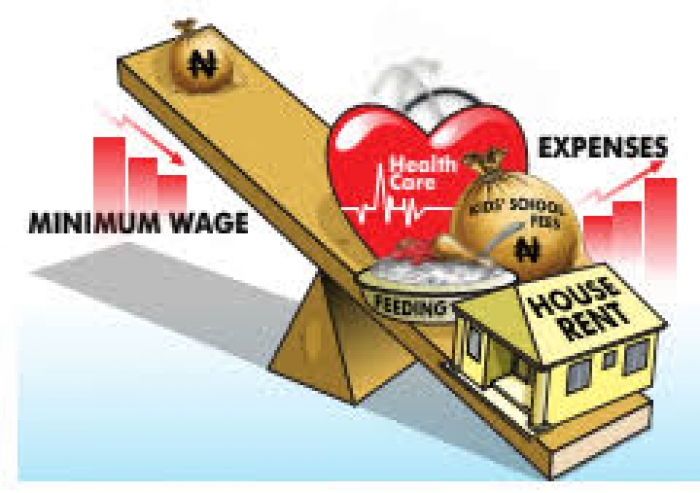June 14, 2025
Iran launches waves of missiles at Israel in response to airstrikes
in News
by Super User
…
June 13, 2025
Oil soars more than 9% after Israel strikes Iran
by Super User
Oil prices surged more than 9% on Friday, hitting their highest in almost five months…
June 14, 2025
Tinubu's pardon of 'Ogoni Nine' rejected by Ogoni people
in POLITICS
by Super User
Ogoni activists on Friday rejected a posthumous pardon for nine members executed three decades ago…
June 12, 2025
Self-made millionaire shares the hardest money conversation he had with his wife: ‘I’m sweating thinking about it’
in FEATURES
by Super User
Self-made millionaire, author and TV host Ramit Sethi knows a thing or two about money.…
June 14, 2025
Traditional healer treats the sick with snake bites
in Strangely
by Super User
Rosalio Culit, also known as Datu Kamandag among his fellow Manobo tribe members in Surigao…
June 15, 2025
Over 100 feared dead as gunmen attack Benue communities in night of horror
in Crime
by Super User
At least 100 people have been killed in a brutal overnight attack on Yelewata, a…
June 15, 2025
Israel and Iran strike at each other in new wave of attacks
in WARS
by Super User
Israel and Iran launched fresh attacks on each other overnight into Sunday, stoking fears of…
June 13, 2025
Your favorite alcoholic beverage linked to deadly form of cancer, study finds
Nicole Saphier joins 'America's Newsroom' to discuss the surgeon general pushing for cancer warning labels…
May 13, 2025
Nigeria's Flying Eagles qualify for World Cup after dramatic win over Senegal
in Sport
by Super User
Nigeria's U-20 national football team, the Flying Eagles, have secured their place at the 2025…

































































